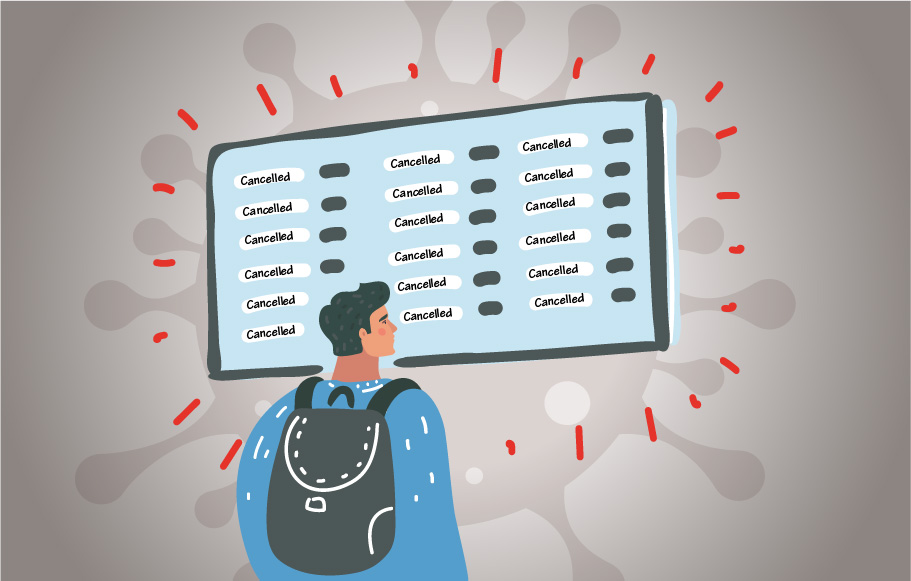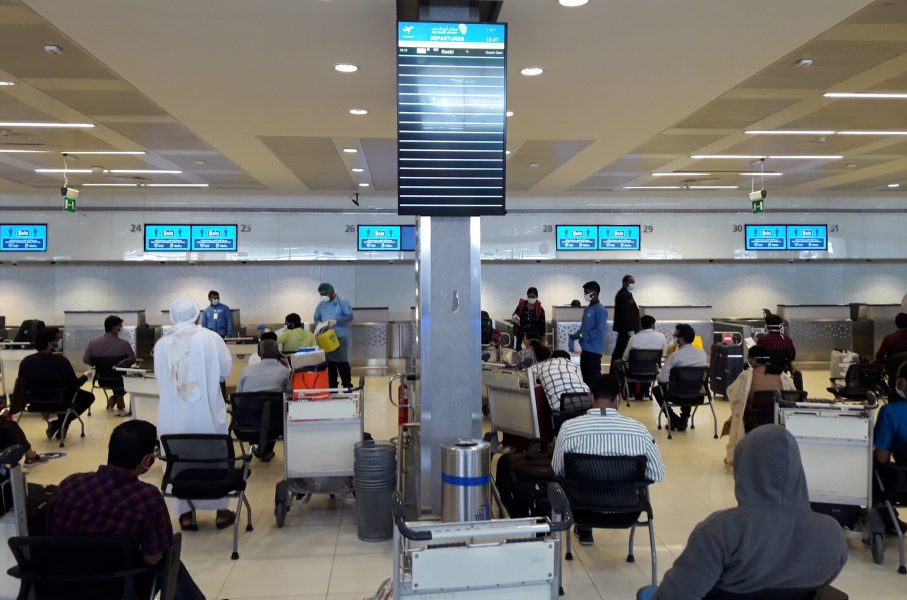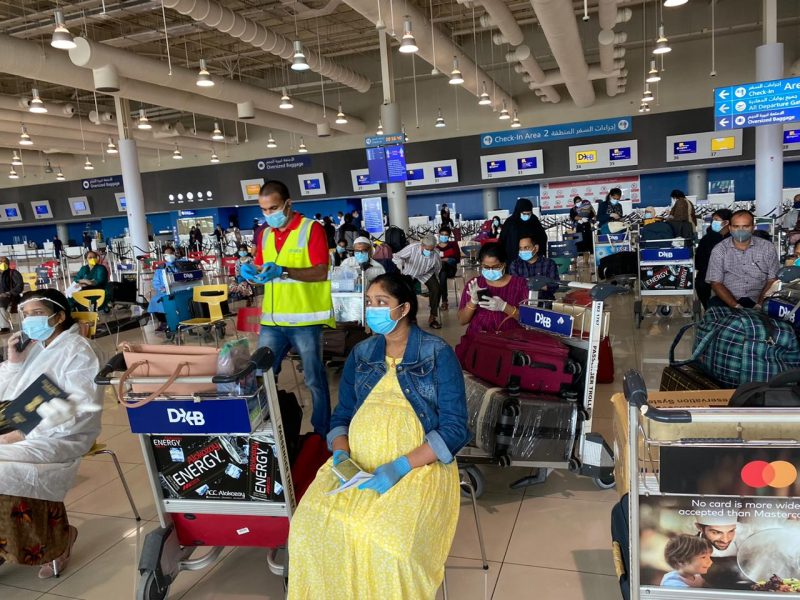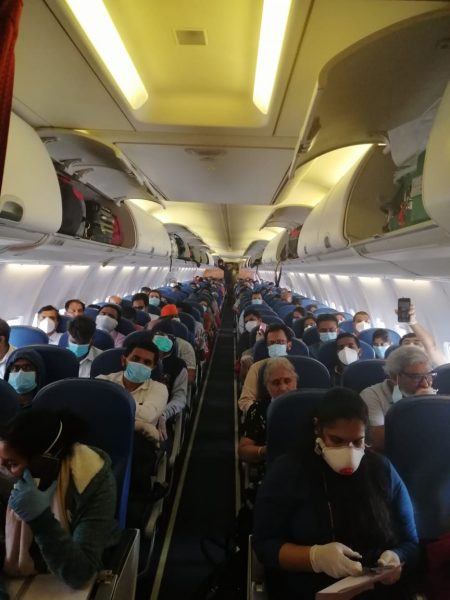
- Home
- India
- World
- Premium
- THE FEDERAL SPECIAL
- Analysis
- States
- Perspective
- Videos
- Sports
- Education
- Entertainment
- Elections
- Features
- Health
- Business
- Series
- In memoriam: Sheikh Mujibur Rahman
- Bishnoi's Men
- NEET TANGLE
- Economy Series
- Earth Day
- Kashmir’s Frozen Turbulence
- India@75
- The legend of Ramjanmabhoomi
- Liberalisation@30
- How to tame a dragon
- Celebrating biodiversity
- Farm Matters
- 50 days of solitude
- Bringing Migrants Home
- Budget 2020
- Jharkhand Votes
- The Federal Investigates
- The Federal Impact
- Vanishing Sand
- Gandhi @ 150
- Andhra Today
- Field report
- Operation Gulmarg
- Pandemic @1 Mn in India
- The Federal Year-End
- The Zero Year
- Science
- Brand studio
- Newsletter
- Elections 2024
- Events
- Home
- IndiaIndia
- World
- Analysis
- StatesStates
- PerspectivePerspective
- VideosVideos
- Sports
- Education
- Entertainment
- ElectionsElections
- Features
- Health
- BusinessBusiness
- Premium
- Loading...
Premium - Events

For Indian expats returning home, COVID’s shattered a dream too many

For S Suresh, a server working in a Dubai bar, life had gotten better since he left his native Coimbatore in Tamil Nadu. “Since I was given food, accommodation and a decent pay, I always felt safe to be here, instead of looking back at my native.” But the novel coronavirus struck, forcing the bar to shut, leaving the daily-wage earner without a means to earn. Having missed the flight home,...
For S Suresh, a server working in a Dubai bar, life had gotten better since he left his native Coimbatore in Tamil Nadu. “Since I was given food, accommodation and a decent pay, I always felt safe to be here, instead of looking back at my native.”
But the novel coronavirus struck, forcing the bar to shut, leaving the daily-wage earner without a means to earn. Having missed the flight home, he is now desperately looking for ways to return to his native along with his wife and children. He has applied for a travel pass and is waiting for the government’s nod to move.
“Even for transportation, I do not have money” he rues. “Once the embassy people get in touch with me, I will have to arrange money.”
People wishing to return have to apply on a website of the Indian government giving the reason for the migration and other relevant documents. The foreign country’s government is also supposed to clear relevant papers in accordance with the country’s labour laws. The Indian embassy clears it only after getting in touch with the applicant over phone.
The elusive pass
As on May 5, over three lakh Indians had registered with the Indian government for return to the country from various Gulf countries, with about two lakh only from UAE. According to reports, at least 4.27 lakh Keralites had registered on the state’s portal to return. As per the Centre, priority was being given to vulnerable groups like pregnant women, the elderly, people with medical needs, children and those whose contracts and visas have expired.
Statewise breakup of 149 flights under Phase2 (including 30 feeder flights) from May 16-22.
Kerala 31. Delhi 22. Karnataka17. Telangana 16. Gujarat14. Rajasthan 13. Andhra Pradesh 9. Punjab 7. Biha 6. Uttar Pradesh6. Odisha 3. Chandigarh 2. J&K 1. Maharashtra 1. Madhya Pradesh 1. pic.twitter.com/VpA0Tv0QYD— Hardeep Singh Puri (@HardeepSPuri) May 13, 2020
A general manager working in a construction company revealed that it was not easy for a labourer to get the pass unless they can influence immigration authorities.
“Say for instance, a lot of Kerala people own companies in Dubai and they have influence in the government. They can influence the people there and get the passes for the people who can afford it. But for poor labourers it is not possible,” he says.
Workers on the lower end of the chain in foreign countries are like the millions of migrant workers within the country who have been rendered jobless and left with little money to fend for themselves or return home. In several West Asian countries, these migrant workers can’t go to hospitals directly as only symptomatic persons are tested there.
When COVID kills
Suresh still clings on to hope, thinking that he can make it back, but fate has not been kind to some others. Balaji, who hails from Tirunelveli in Tamil Nadu and has been working as a supervisor in an oil and gas company in Abu Dhabi for 13 years, recalls the tragedy that struck his Indian colleague who died of COVID-19 in Dubai.
“He had come to Dubai with a dream of settling all his loans and he eventually did it. He was waiting to lead a happy life with his family in the coming days. But he died of COVID-19 and his family did not even get to see him again as the body was not sent back to India,” he shares.
According to reports, over 10,000 Indians living in West Asian countries had tested positive for COVID-19 and over 80 have died.

Balaji is thankful that he was able to return to his native before the lockdown. He reached India a day before the Janata Curfew. Now, he has decided not to go back.
“If I lose money, I can earn it again. What if I lose my life because of COVID-19?” he asks.
He is also doubtful about finding work there in the future. “At present, we have only one Indian project that is supposed to get over by August. And we do not know whether we will be getting any future projects. Because of the economic slowdown there, I did not get my salary since November, while some labourers in the junior rank have not gotten their salary for the last two months,” he says.
“If I have to go back, I have to go to get my pending dues and other benefits for having worked for 13 years. But even to get that, I do not wish to travel back,” he says firmly.
Balaji recalls that there was a similar crisis in 2016, an economic slowdown led by an oil price drop, after which he sent back his wife and two sons, who had been living with him till then, back to Tirunelveli.
“Now, I know I cannot earn the same amount of money I earned there. But I would eke out a living by farming in our land here,” he says.
Issues with going back
Ramesh Kumar (name changed), a native of Mumbai and a general manager in a retail company in Dubai, however, says he cannot work in India since he has spent most of his career in Dubai. “I have been closely working in the retail marketing business in Dubai for over 20 years. I do not know how the business would be here.”
If he has to come back, he says, he will face two issues — understanding how business works here and settle for a 50% less salary.

The 51-year-old wants to go back to Dubai and continue his work there once the situation returns to normalcy. “I wanted to go back, but we do not know what will happen next. I may stay back if the situation is not favourable, given the economic slowdown in Dubai,” he says.
Joseph, hailing from Kerala who works as a nodal officer for about 3,000 labourers in a construction company in Dubai, is sceptical about the situation there in the future, as he would look to go back.
“Since profession is the first priority, I cannot stay back just because of COVID-19. The virus is common everywhere,” he says, adding positively though that Kerala has managed to contain it because of their aggressive testing and contact tracing.
Hopeless in a foreign soil
While he came back on March 13, at least 400 workers such as electricians and plumbers from his company are looking to come back, having resigned.
“Over 200 people managed to come back, while others are still stuck there. The 400 people who resigned did not even think about the future. Their only thought now is to come back and stay with their families,” he says.
Since Joseph has to look at the welfare of the labourers, he says he would receive at least 50 calls daily seeking help to return to their natives.
“We are also hopeless. Once the government clears their papers, we do not have any say. We clear all the papers. But a lot of people are not able to get their passes,” he shares.
For many, returning home in these crisis times is about reuniting with families, being with old sick parents or helping in a marriage of a relative.

Madhu*, a native of Bihar who works in an oil and gas company, had initially thought of leaving for his native place by March. But since his brother’s wedding was fixed in May, he put off his travel plans by a month, but now regrets the decision.
“Madhu used to get his salary only if the company functions. As the lockdown is in effect and since people in the company were also infected by COVID-19, his dream of saving a lump sum and returning back has been shattered,” Balaji shares about his colleague in Abu Dhabi.
Some who had planned to come back just before the lockdown, cancelled their tickets when the number of cases in Dubai started increasing.
“We did not want to put our family at risk,” says John, a native of Thrissur in Kerala. “I have my mother who is above 60 and my kids, who are less than 10 years, back home.”
But now, these people regret staying back. “Had we known that the lockdown would go this long, we would also have come to our native,” John adds.
(This story is part of a series on Migrant Workers)
